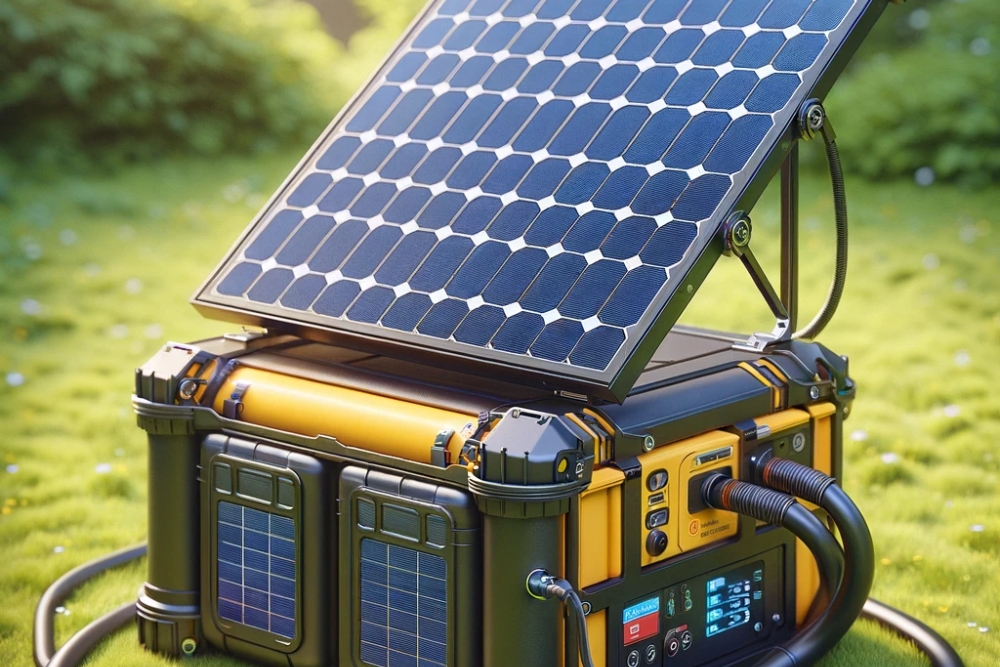Understanding Power Generators: A Comprehensive Guide to Reliable Energy Solutions
Power generators serve as vital backup energy sources, providing electricity when traditional power supplies fail or in locations where grid access is limited. From residential backup systems to industrial solutions, these devices convert various fuel sources into electrical power, ensuring continuity during outages and supporting off-grid applications.

Types of Power Generators Available
Power generators come in several varieties, each suited for different applications. Traditional fuel-powered generators run on gasoline, diesel, or propane, offering reliable performance for emergency backup power. Natural gas generators provide a cleaner alternative with direct connection to existing gas lines, while portable units offer flexibility for various applications.
Solar Power Generators: Clean Energy Solution
Solar power generators represent an increasingly popular choice for sustainable backup power. These systems combine solar panels, battery storage, and power inverters to capture and convert solar energy into usable electricity. Unlike traditional generators, solar power generators operate silently and produce zero emissions, making them environmentally friendly alternatives for both emergency and daily use.
Understanding Power Generation Technologies
The process of power generation varies depending on the generator type. Traditional generators use internal combustion engines to convert fuel into mechanical energy, which is then transformed into electrical power through an alternator. Solar power generators utilize photovoltaic technology to convert sunlight directly into electricity, storing it in batteries for later use.
Patriot Power Generator Features
The Patriot Power Generator has gained attention as a portable solar generator option. These units typically feature lithium-ion battery storage, multiple outlet options, and foldable solar panels for charging. They’re designed for emergency preparedness, camping, and off-grid applications, offering a balance of portability and power capacity.
Comparing Generator Options and Costs
| Generator Type | Average Cost Range | Key Features | Best Use Case |
|---|---|---|---|
| Traditional Gas | $500-$3,000 | High power output, readily available fuel | Home backup |
| Solar Generator | $1,000-$5,000 | No fuel needed, quiet operation | Portable/Emergency |
| Patriot Power | $2,000-$3,500 | Solar-powered, portable design | Emergency/Camping |
| Standby System | $3,000-$15,000 | Automatic operation, whole-house power | Permanent backup |
Prices, rates, or cost estimates mentioned in this article are based on the latest available information but may change over time. Independent research is advised before making financial decisions.
Maintenance and Operation Considerations
Regular maintenance ensures optimal generator performance and longevity. Traditional generators require fuel management, oil changes, and periodic testing. Solar power generators need minimal maintenance beyond keeping solar panels clean and monitoring battery health. All systems benefit from regular testing and proper storage to ensure reliability when needed.
Selecting the right power generator depends on specific needs, including power requirements, fuel availability, and intended use. Whether choosing a traditional fuel-powered unit or exploring solar alternatives, understanding these options helps ensure reliable backup power when it matters most.




